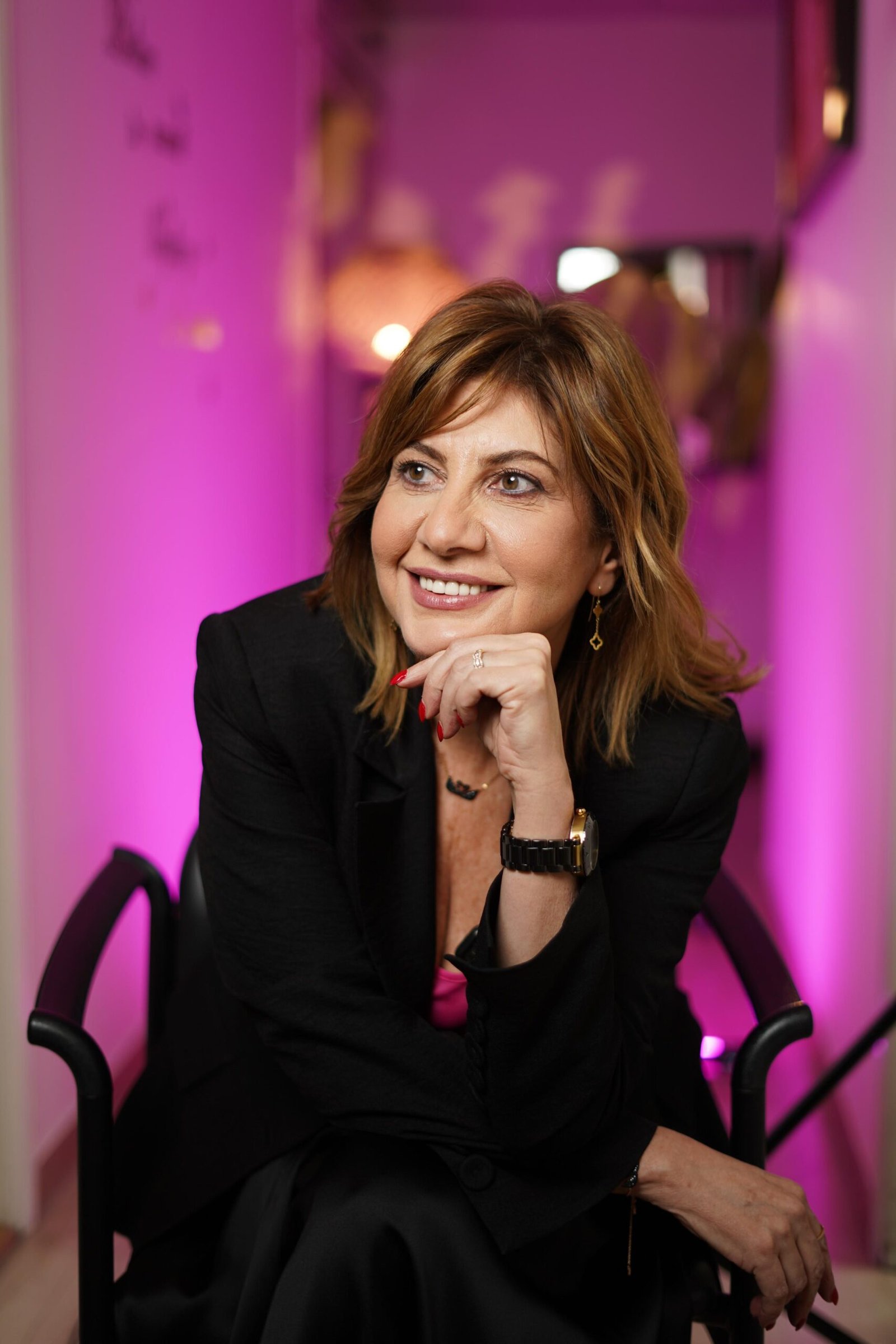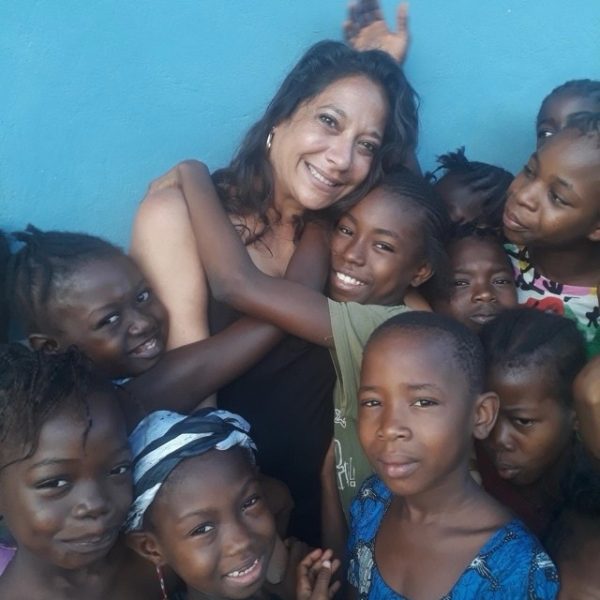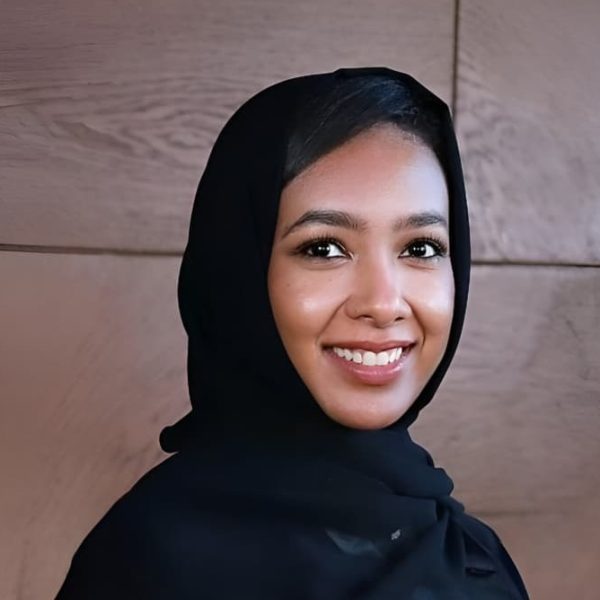.من الصعب أن تكوني امرأة. والأصعب أن تكوني امرأة مريضة
Physician, professor, writer. I have spent years treating bodies, but it is the hidden wounds—the silences—that have taught me the most. This is the story of one young woman who never had the right to speak her pain.
In the practice of medicine, we treat the body. But sometimes, the deepest pain lies in what the body cannot say, in the silence shaped by fear, shame, and the gaze of others.
Miss D. was only nineteen. Beautiful, delicate, radiant with the kind of quiet charm that makes people lower their voices around her. She came from a modest background, in a community where a girl’s future was defined early, often by marriage, rarely by choice.
She had just been diagnosed with an autoimmune disease. It was serious. Her treatment required lifelong immunosuppressive therapy, regular medical follow-up, and carried long-term risks, including infertility and vulnerability to infections. The cost, medical, emotional, and social was immense. And in the face of this daunting reality, her mother made a decision out of fear, out of love, and out of despair.
Miss D. must marry. Quickly. Before anyone knew. Before her diagnosis became a sentence of rejection.
When the suitor came, he saw only beauty, gentleness, promise. He never asked about her health. And no one offered the truth. Her mother hid the illness. So did Miss D. Together, they carried the secret like a fragile bowl of glass, afraid it might break everything.
Miss D. became a wife. A young girl in a woman’s role, taking her medication in secret, hiding the fatigue, the side effects, the appointments. She was told not to become pregnant—but she dared not explain why. The silence stretched over the years, thick as a second skin.
Until one night, she collapsed at home.
She was rushed to the hospital. Her body had reached its limit, exhausted by years of medication, by unchecked complications, by solitude. Her immune system was no longer protecting her; her treatment no longer enough. Her condition had worsened silently, invisibly.
It was then, a single day before her death, that her husband finally learned the truth.
He was devastated. Not because she was sick. But because he had been kept in the dark.
I remember the silence in the hospital room. Her mother weeping at the door. Her husband sitting motionless beside the bed, holding her hand for the first and last time with the weight of everything unsaid.
Miss D. died that night.
She died of an autoimmune disease, yes. But also of the silence around it. Of the fear that her body, with its condition, would not be worthy of love, of marriage, of motherhood. That a sick woman is a broken promise.
Her story stays with me.
Not because it is unique, but because it is tragically familiar. In many parts of the world, illness in a woman is still seen through a distorted lens: as a flaw, a weakness, a social risk. So women hide their pain. Families hide the truth. And healthcare becomes not just a medical battle, but a social maze.
As a physician, I mourn the medical loss. As a woman, I mourn the silence.
We often speak of women’s strength. But let us also speak of what prevents women from asking for help. Let us create a world where being ill does not mean being diminished. Where vulnerability is not shameful. Where a woman can say “I am unwell” and still be seen as whole.
Miss D. was not just a patient. She was a mirror. And her story is a call to listen more closely, to judge less quickly, and to finally break the silence that continues to cost lives.
Stay Connected:
https://www.instagram.com/intissarhaddiya
https://www.instagram.com/executivewomen_











